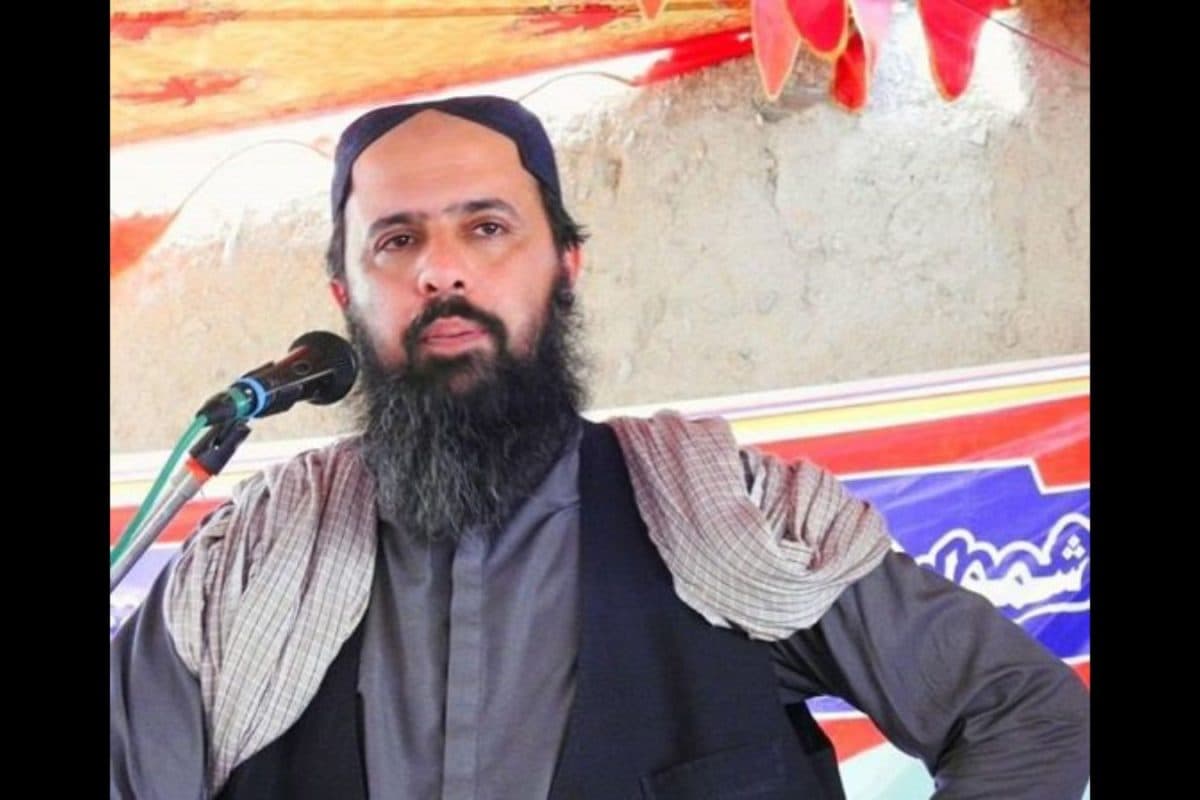World
Mir Shafiq’s Covert Role in Balochistan’s Extremist Consolidation

Mir Shafiq-ur-Rehman Mengal, a controversial tribal leader from Khuzdar, has been appointed to oversee operations aimed at consolidating extremist groups in Balochistan. According to top intelligence officials, this move represents a significant shift in Pakistan’s counter-insurgency tactics, effectively outsourcing military operations to radical jihadist proxies.
This covert initiative involves coordinating arms and logistical support for various extremist organizations, including Lashkar-e-Taiba (LeT), Jaish-e-Mohammed (JeM), and the Islamic State Khorasan Province (ISKP). The intelligence inputs suggest that the Inter-Services Intelligence (ISI) has handed over operational control to these groups, with Shafiq at the helm of logistics, recruitment, and financing within the province.
Strategic Objectives Behind the Appointment
Sources indicate that Mir Shafiq’s role includes arranging safe houses, training camps, and recruiting operatives through religious seminaries and underground networks. Officials monitoring the situation suggest that Pakistan aims to establish a “controlled conflict zone” in Balochistan. This strategy could serve multiple purposes, such as justifying a permanent military presence and attracting Western counter-terrorism assistance.
The intent appears to be to frame ISIS as the primary perpetrator of any forthcoming violence, providing plausible deniability for the Pakistani authorities. Observers anticipate that high-profile attacks may soon be attributed to ISIS, despite the orchestration potentially being linked to other actors. Moreover, the expansion of ISKP infrastructure in Balochistan could destabilize neighboring regions, particularly impacting Iran and Afghanistan.
Concerns Regarding Human Rights and International Image
Mir Shafiq has long faced allegations from human rights organizations of leading a death squad, reportedly with backing from the ISI, targeting Baloch nationalists and dissidents. His new responsibilities in coordinating logistics for ISIS-linked activities signify a notable escalation in the ongoing conflict.
These developments could complicate Pakistan’s international image, as the government has consistently portrayed itself as a victim of terrorism. Critics argue that engaging with extremist groups undermines Islamabad’s credibility and raises serious questions about its commitment to counter-terrorism.
As of now, there has been no official response from the Pakistani government or the Inter-Services Public Relations (ISPR) regarding these serious allegations. Regional analysts suggest that the upcoming months will be crucial, with a heightened risk of orchestrated violence attributed to ISIS potentially changing the security dynamics in Balochistan and the broader Iran-Afghanistan-Pakistan tri-junction.
-

 World5 months ago
World5 months agoSBI Announces QIP Floor Price at ₹811.05 Per Share
-

 Lifestyle5 months ago
Lifestyle5 months agoCept Unveils ₹3.1 Crore Urban Mobility Plan for Sustainable Growth
-

 Science4 months ago
Science4 months agoNew Blood Group Discovered in South Indian Woman at Rotary Centre
-

 World5 months ago
World5 months agoTorrential Rains Cause Flash Flooding in New York and New Jersey
-

 Top Stories5 months ago
Top Stories5 months agoKonkani Cultural Organisation to Host Pearl Jubilee in Abu Dhabi
-

 Sports4 months ago
Sports4 months agoBroad Advocates for Bowling Change Ahead of Final Test Against India
-

 Science5 months ago
Science5 months agoNothing Headphone 1 Review: A Bold Contender in Audio Design
-

 Top Stories5 months ago
Top Stories5 months agoAir India Crash Investigation Highlights Boeing Fuel Switch Concerns
-

 Business5 months ago
Business5 months agoIndian Stock Market Rebounds: Sensex and Nifty Rise After Four-Day Decline
-

 Sports4 months ago
Sports4 months agoCristian Totti Retires at 19: Pressure of Fame Takes Toll
-

 Politics5 months ago
Politics5 months agoAbandoned Doberman Finds New Home After Journey to Prague
-

 Top Stories5 months ago
Top Stories5 months agoPatna Bank Manager Abhishek Varun Found Dead in Well









